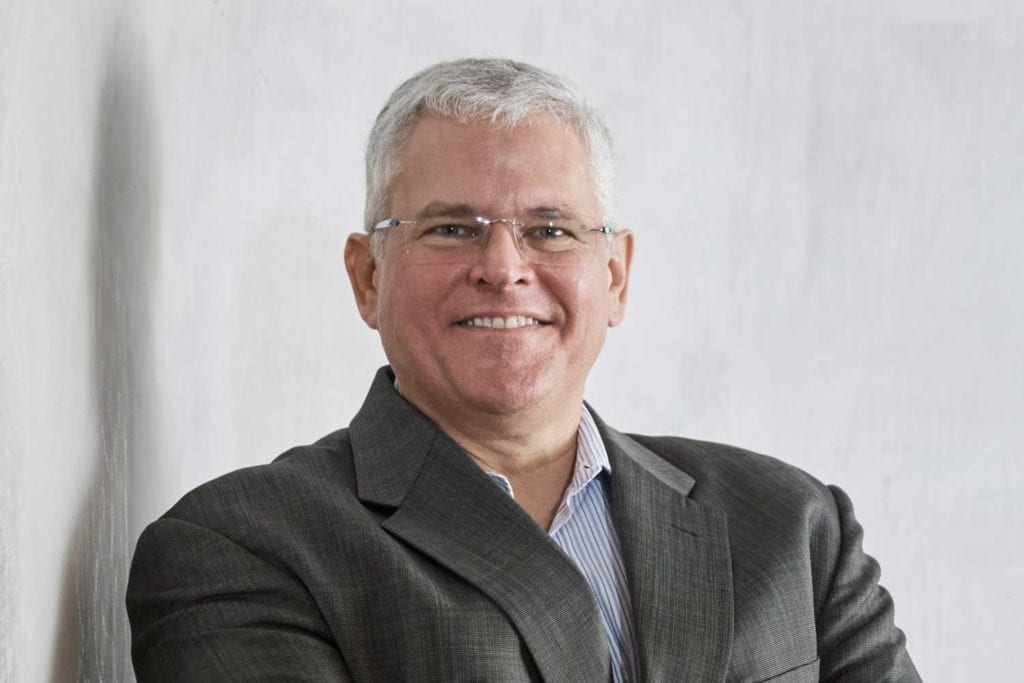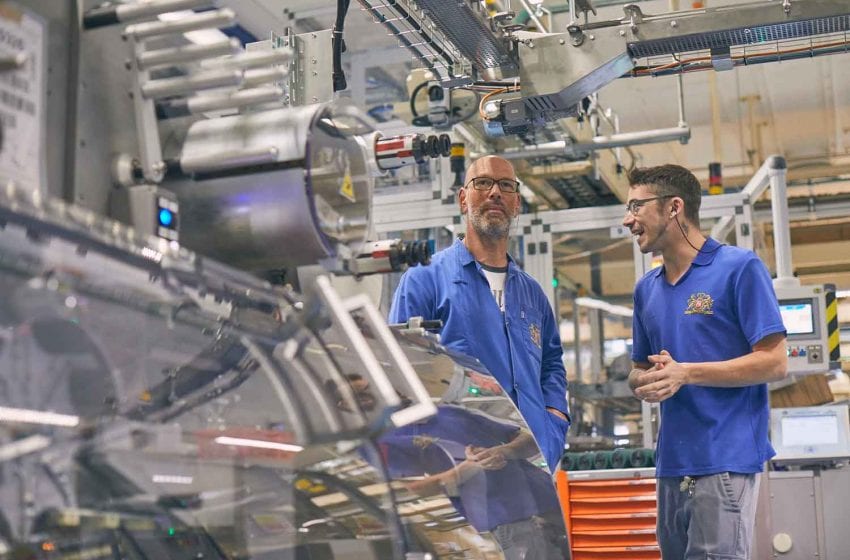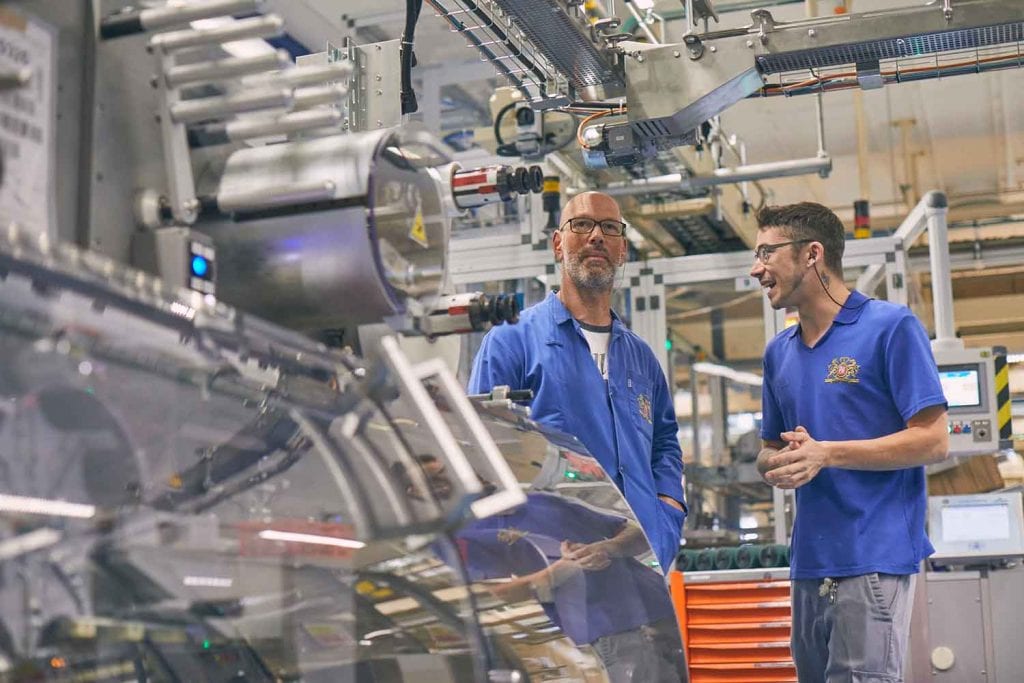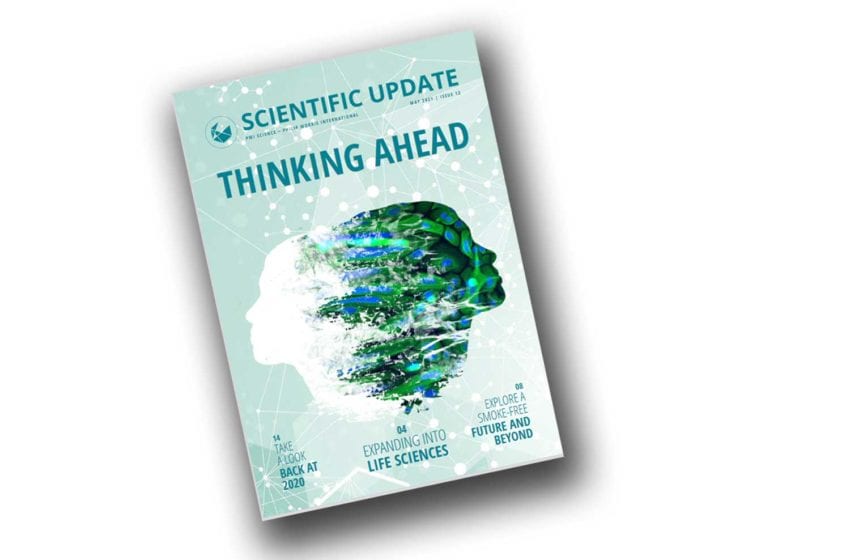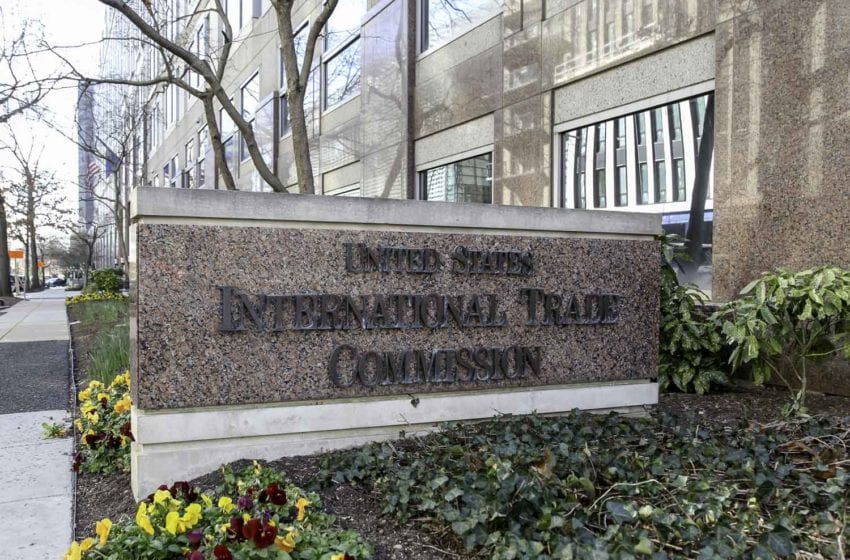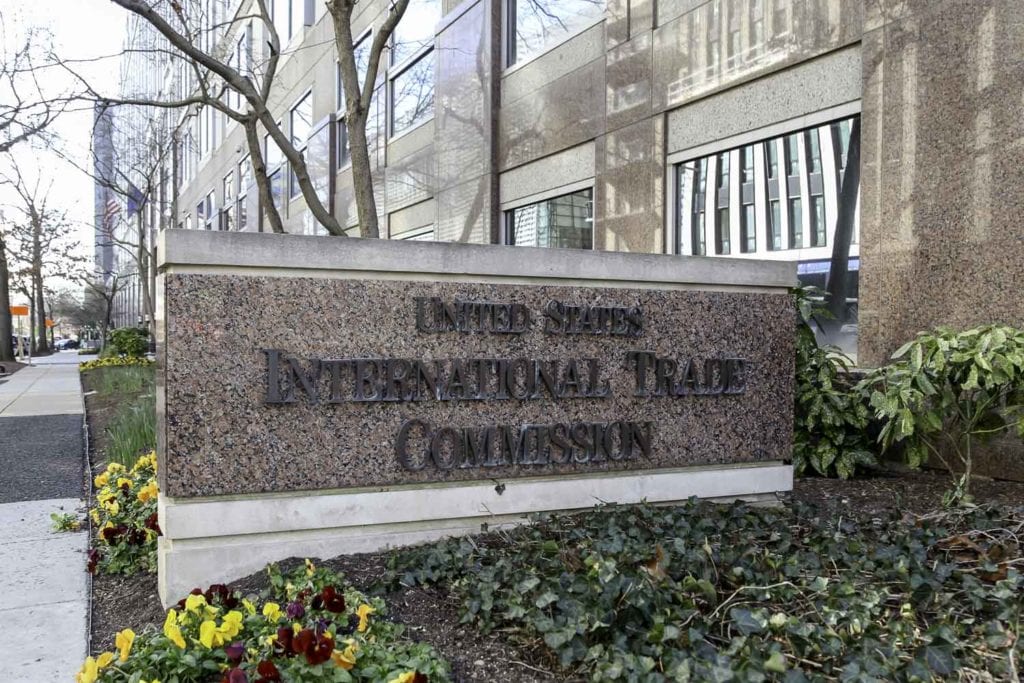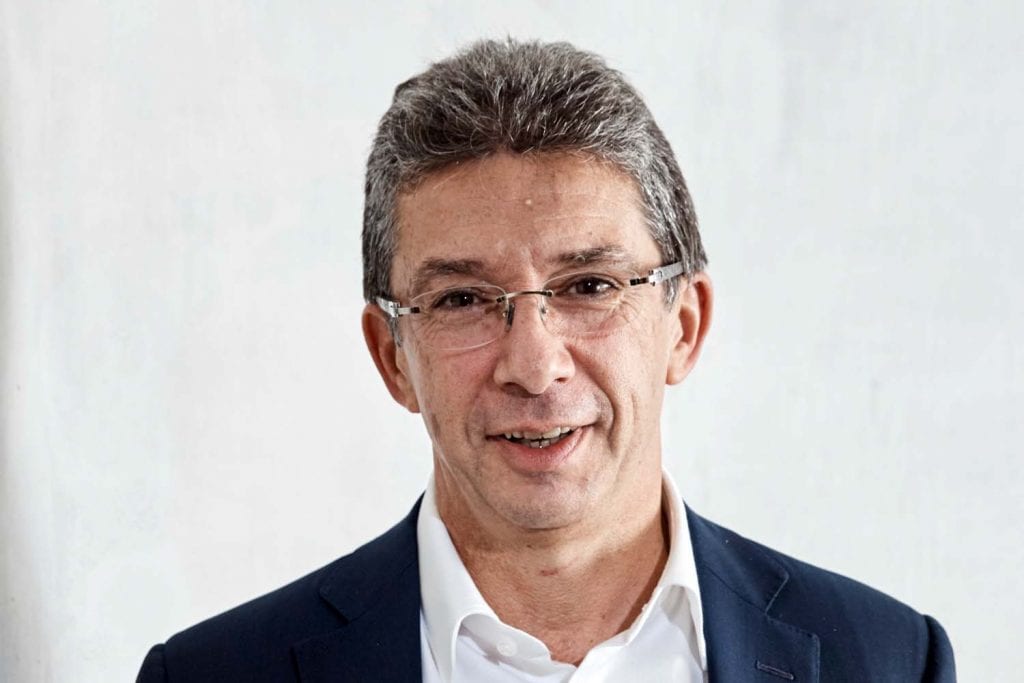
Philip Morris International will relocate its corporate headquarters to Connecticut from New York. The new headquarters is expected to be operational by summer 2022.
“Connecticut offers a valuable mix of technological know-how, future-forward thinking and an open-minded approach to problem-solving,” said Jacek Olczak, CEO of PMI, in a statement. “We consider it an ideal location for our new U.S. head office, where we will be working to more quickly achieve our vision of a smoke-free future. We are excited about what the state has to offer our company, our employees and their families—and we very much look forward to integrating into the community in a meaningful way.”
“We are amid a profound transformation at PMI,” continued Olczak, “and our new base in Connecticut will serve to accelerate our progress. Beyond replacing cigarettes with better alternatives, we intend to draw on our expertise in life and medical sciences to develop solutions in areas that include respiratory drug delivery and botanicals. Through our product innovations, sustainability leadership, people-centered employment practices and community involvement, we intend to be a source of pride for the state.”

Connecticut offers a valuable mix of technological know-how, future-forward thinking and an open-minded approach to problem-solving.
Jacek Olczak, CEO, PMI
The new office—which is also PMI’s headquarters—will house the Americas teams and members of other corporate functions. PMI’s Operations Center will remain in Lausanne, Switzerland, to continue to support the business across the globe. The company employs a workforce of more than 71,000 worldwide.
The move, which was facilitated with the support of Connecticut Governor Ned Lamont’s office, will bring approximately 200 jobs to the state. “We are excited to welcome PMI to the state of Connecticut, showing once again that our state is a growing and thriving ecosystem for businesses,” said Lamont.





